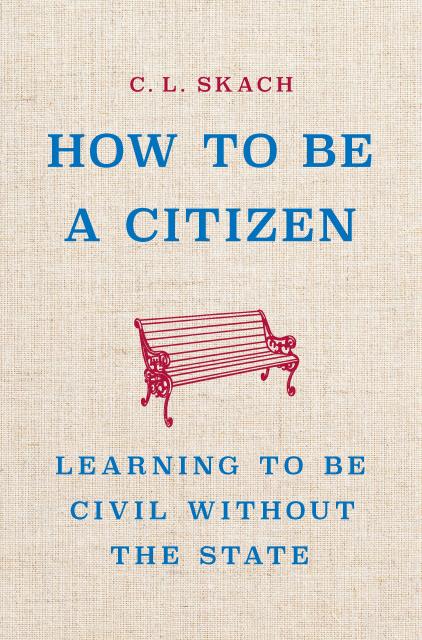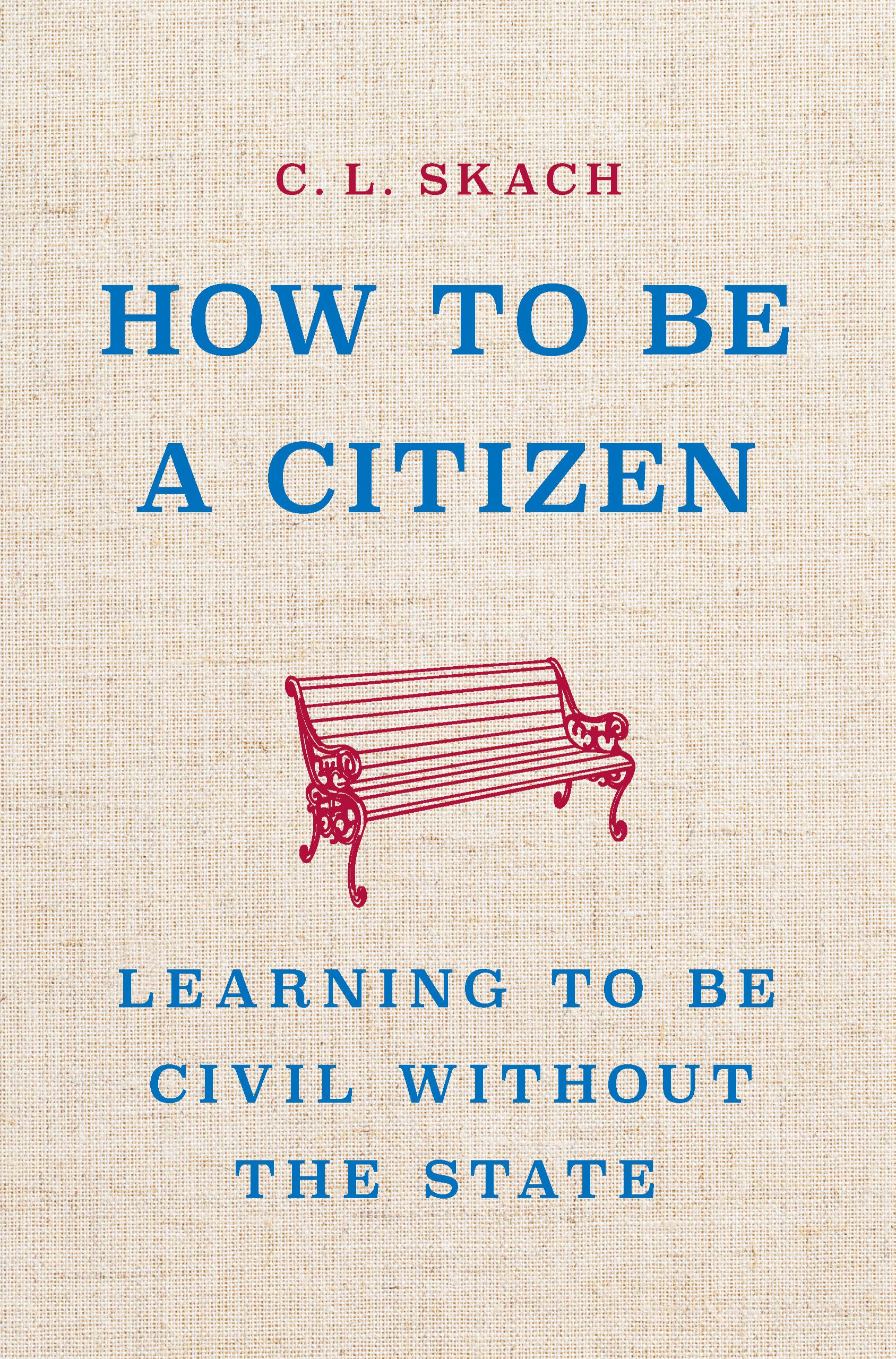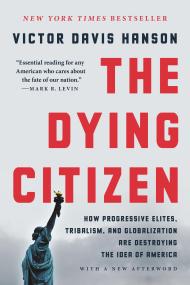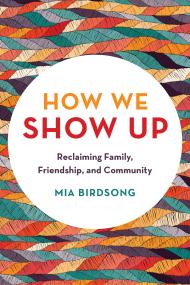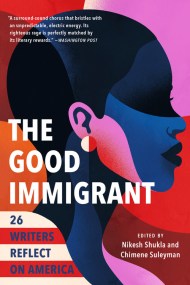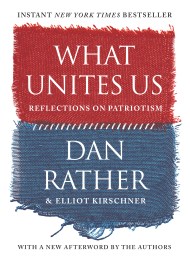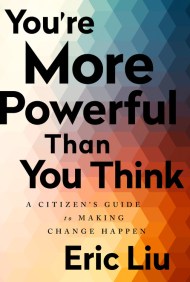By clicking “Accept,” you agree to the use of cookies and similar technologies on your device as set forth in our Cookie Policy and our Privacy Policy. Please note that certain cookies are essential for this website to function properly and do not require user consent to be deployed.
How to Be a Citizen
Learning to Be Civil Without the State
Contributors
By C. L. Skach
Formats and Prices
Price
$30.00Price
$39.00 CADFormat
Format:
- Hardcover $30.00 $39.00 CAD
- ebook $18.99 $24.99 CAD
Also available from:
In 2009, constitutional scholar C. L. Skach went to Iraq to help revise the constitution. She survived a missile barrage in the Green Zone—an event that proved a breaking point in her thinking about constitutions. In short: they don’t really work.
In How to Be a Citizen, Skach calls to move beyond constitutions. She argues that just as complex natural systems spontaneously generate order, we can, too. Looking to pandemic gardens, Reggio-Emilia schools, and community-driven safety patrols, she envisions not government by force, but society that is local, cultivated, and true. Grounded in six principles as simple as a call to spend time on a park bench, this book shows how community spaces, education, and markets can be reshaped to nurture cooperation and encourage flourishing.
Equal parts personal, philosophical, and practical, How to Be a Citizen invites us to see society not as something imposed by law, but rather something we create together.
-
"Necessary reading for those who wish to foster civil discourse and societal cooperation."Kirkus
-
"Skach convincingly tells us that laws and rules are not sufficient for living together in peace. My hope is that the values she endorses could have a chance, and not just locally, but towards all our brothers and sisters all over the planet."Carlo Rovelli, author of The Order of Time
-
“From a search for laws that can provide the basis for a good society, Cindy Skach leads us to reexamine the virtues of a good citizen, one whom people can respect and value as a member of their community. To make a better world, she urges, we should teach our children first how to build better communities.”Roger Myerson, University of Chicago, 2007 Nobel Laureate in Economics
-
“When a renowned constitutional scholar explains why the law, enforced by a hierarchy of power, is not enough and is sometimes even the problem, we need to listen. Skach describes brilliantly, with compelling examples, six ways to become better citizens and thereby improve our own wellbeing while helping to build a better world from the ground up. I recommend this book to everyone.”Peter Gray, author of Free to Learn
-
“Skach’s experience includes advising constitution drafters and observing how constitutions work (too often badly) on the ground. Drawing on that experience and a wide range of studies by social scientists, Skach urges us to move away from relying on constitutional rules and authorities and toward a ‘guerilla’ constitutionalism in which we rely on our own resources and resilience to solve our problems. Not James Madison but Bob Dylan or Annie Lennox should be our guide. This is an incredibly thought-provoking work addressing the crises of governance we face today.”Mark Tushnet, Harvard Law School
-
“Skach’s remarkable analysis will change how you see our current moment. The picture she paints of the failing rules-based world order is instantly recognisable. And the imaginative solutions for citizenship are lucid and compelling. This book will help you understand the mess we’re in while providing a roadmap for a better future.”Ben Rawlence, author of The Treeline
- On Sale
- Jul 2, 2024
- Page Count
- 272 pages
- Publisher
- Basic Books
- ISBN-13
- 9781541605534
Newsletter Signup
By clicking ‘Sign Up,’ I acknowledge that I have read and agree to Hachette Book Group’s Privacy Policy and Terms of Use
